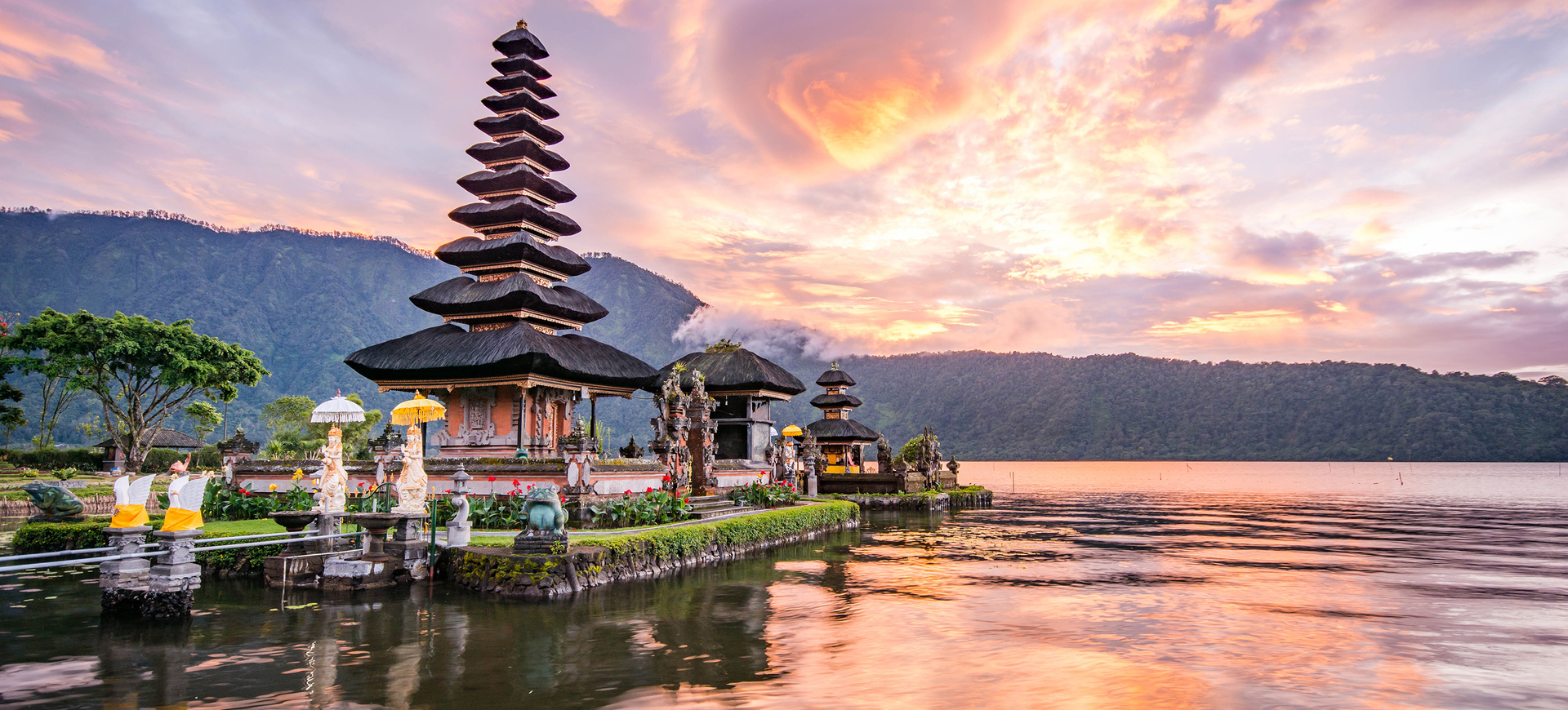All eyes turn to Indonesia as it takes on the 2022 G20 presidency
Indonesia’s 2022 presidency will provide the G20 with the opportunity to focus on promoting inclusive growth, while demonstrating the country’s growing political influence and offering a chance to shift global attention to the region’s needs
Asia-Pacific countries – hard hit by the COVID-19 pandemic – will be looking for signs of cohesive leadership when the G20 meets in Rome, and a clear pathway towards economic recovery as Indonesia takes on the presidency for 2022.
The economies of the Asia-Pacific region, dynamic in every sense, continue to grapple with the immediate challenges and long shadow of the pandemic. Recovery, particularly from the latest Delta strain, has been patchy, with the World Bank forecasting slow and uneven economic growth, rising household poverty and expanding inequality, the likes of which have not been seen for decades.
And yet, despite the significant setbacks, it remains true that the economies of Asia will drive long-term global recovery. For G20 leaders, getting the policy settings right for the Asia-Pacific region matters, but it cannot happen from afar.
Following on the heels of the devastating COVID-19 pandemic, Indonesia’s G20 presidency presents a unique opportunity for global leaders to deliver more inclusive, sustainable economic development for a region that desperately needs assistance. The stakes for Jakarta are high, but the timing could not be better.
The G20 in the Asia-Pacific
Since 2009, the G20 leaders have met four times in the Asia-Pacific region, including in Seoul in 2010, Brisbane in 2014, China in 2016 and Japan in 2019. As Indonesia is the only Southeast Asian member in the group, its hosting will place important emphasis on the key challenges for emerging regional economies, particularly those members of the Association of Southeast Asian Nations.
ASEAN has maintained a close interest in the G20 agenda. Building on the ethos of ASEAN centrality, the regional grouping has actively supported Indonesia’s membership as an opportunity to pursue the wider interests of emerging economies on the global stage. Under the leadership of President Susilo Bambang Yudhoyono and more recently President Joko Widodo, Indonesia appears to have lived up to the task.
The ASEAN G20 Contact Group, established in 2009, has proven itself a useful mechanism for coordinating ASEAN’s position and interests on the G20 agenda. And with the notable exception of 2019, the ASEAN chair has regularly participated as an invited guest in the G20 summit – this year represented by Sultan Haji Hassanal Bolkiah of Brunei.
Taking on the role of 2022 G20 host suggests that Indonesian-led constructive diplomacy within the global economic steering committee has paid off for ASEAN. And with Indonesia positioned to move from G20 president into the chair of ASEAN in 2023, the potential for ensuring sustained regional impact is heightened.
Indonesian priorities
Global recovery from COVID-19 will be the top priority for Indonesia and ASEAN. Working under the theme, ‘Recover together, recover stronger’, Indonesia will press G20 leaders for their commitment to deliver on a ‘triple-dividend’ agenda – maximising investments in health and economic development to achieve climate-friendly, sustainable growth at local, regional and global levels.
Speaking about his G20 aspirations via a pre-recorded message to the United Nations General Assembly, Widodo signalled his intent to advocate particularly for the interests of archipelagic and small island states as well as vulnerable groups. Youth engagement and employment, inclusive digital economy, women’s empowerment and low carbon solutions that unlock climate finance are likely to be prominent themes of his leadership. To this end, the G20 engagement groups could prove influential.
Set against the backdrop of intensifying competition between China and the United States, Indonesia’s leadership is, for some, of larger strategic importance. As Ben Bland of the Lowy Institute recently observed “Western governments, from Washington to Canberra, maintain … high expectations for Indonesia to play a bigger, more constructive role in the world.”
Australia, Japan, India and the United States, members of the increasingly active Quadrilateral Security Dialogue, may seek to bring pressure to bear on Indonesia – if not through the formal G20 agenda, then through pre-emptory and sideline meetings – to keep China in check.
However, Widodo has shown that he is not a fan of great power politics and is wary of strategic partnerships, including the Quad. Having staked much of his domestic political leadership to date on delivering strong economic outcomes, he is likely to be single-minded in pursuing this agenda on the world stage.
As he takes over the presidency from Rome, Widodo’s expectations will be fairly straightforward – that G20 leaders work cooperatively to facilitate collective strategies for economic recovery.
For him, the 2022 G20 summit represents a dual challenge: shifting the global agenda towards the interests of developing Asia-Pacific economies and, in turn, strengthening Indonesia’s longer-term leadership position in the region. And he is likely to invest significant diplomatic capital to ensure Indonesia gets close to achieving these outcomes.












